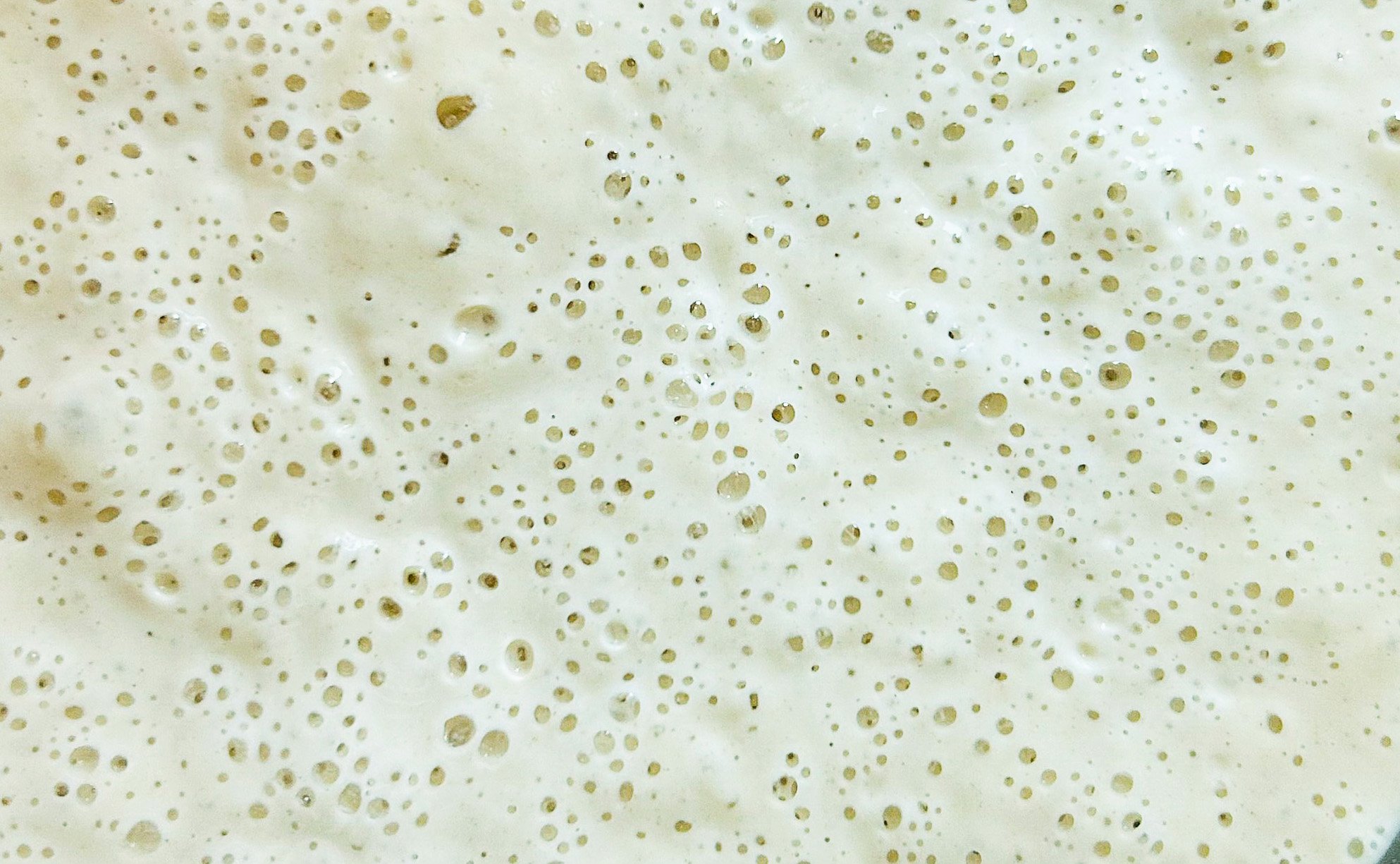
Why Sourdough?
Pizza, pretty much as we know it today, dates back to the late 1700s. Earlier forms of pizza were eaten by the Egyptians. Baker’s yeast, on the other hand, is only about 100 years old. So, we’re in no way trying to claim any kind of ownership of the sourdough pizza concept, we just truly believe it’s the best way to make a pizza. Here’s why we think so:
Nutrition
Flour is a source of minerals such as calcium, sodium, zinc, and magnesium. However, these minerals can be sequestered in a molecule known as the phytate complex, which must be broken down in order for humans to absorb the minerals. While baker’s yeast is unable to break down the phytate complex, sourdough organisms can break down the complex very effectively allowing them to be absorbed in the gut.
Sourdough bread is also particularly rich in nutrients like folate, potassium, and magnesium. Your body needs folate to divide cells and make DNA and other genetic materials. Potassium also aids in the function of your cells. It regulates your heartbeat, helps your nerves and muscles function properly, and is necessary to make proteins and metabolize carbs. Magnesium regulates your muscle and nerve function, controls blood sugar and protein levels, and helps make protein, bones, and DNA.
Digestion
The low pH of sourdough bread, combined with its long fermentation time, allows nutrients, like carbohydrates and proteins with a more complex structure, to get a “head start” on digestion by partially breaking down into smaller units. For these reasons, sourdough has been shown to be more digestible than standard bread fermented with baker’s yeast. Sourdough fermentation also reduces levels of certain FODMAPs, which are a type of carbohydrate that cause bowel irritation in some people. The low levels of this type of carbohydrate in sourdough makes it much more digestible for certain people. Additionally, sourdough has been shown to produce less gas and bloating overall, and this may also be due to its low-FODMAP profile.
Health Benefits
The lactic acid bacteria present in sourdough are also responsible for increased antioxidants as compared to other types of bread. Antioxidants protect your cells from damage that cause serious diseases such as cancer, heart disease, Alzheimer’s disease and more. Additionally, those bacteria have an effect on the starch structure in the bread molecules making your body absorb them slower, which lower’s the bread’s glycemic index. Thus, reducing the insulin spike normally associated with white bread consumption.
Taste
Lastly, but certainly not least, naturally leavened sourdough has a much more complex flavor and texture than bread made from commercial baker’s yeast. This is due to the countless combination of wild yeasts that vary by geography and environments, each imparting it’s own subtle flavor characteristics. At Pizza Parlor, we developed our starter carefully, and over many years to achieve what we believe is the best pizza in Long Beach.
One More Thing…
I know I said lastly before, but I forgot to mention this interesting tidbit. As we told you before, the birthplace of sourdough is Ancient Egypt. In the Egyptian dialect, the pronunciation of ferment and bread uses the same Arabic term aish, which means life. So, that’s why at Pizza Parlor we say, PIZZA IS LIFE!
